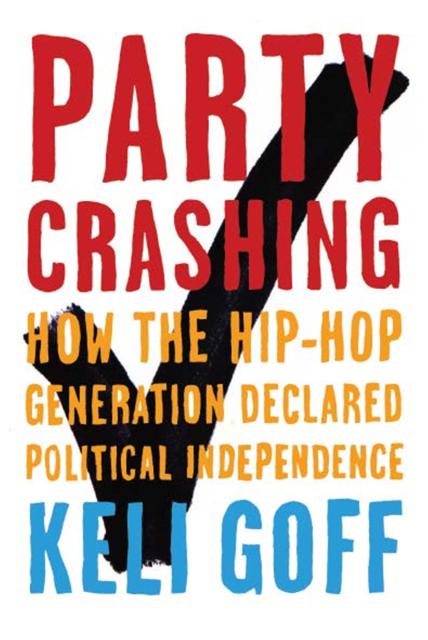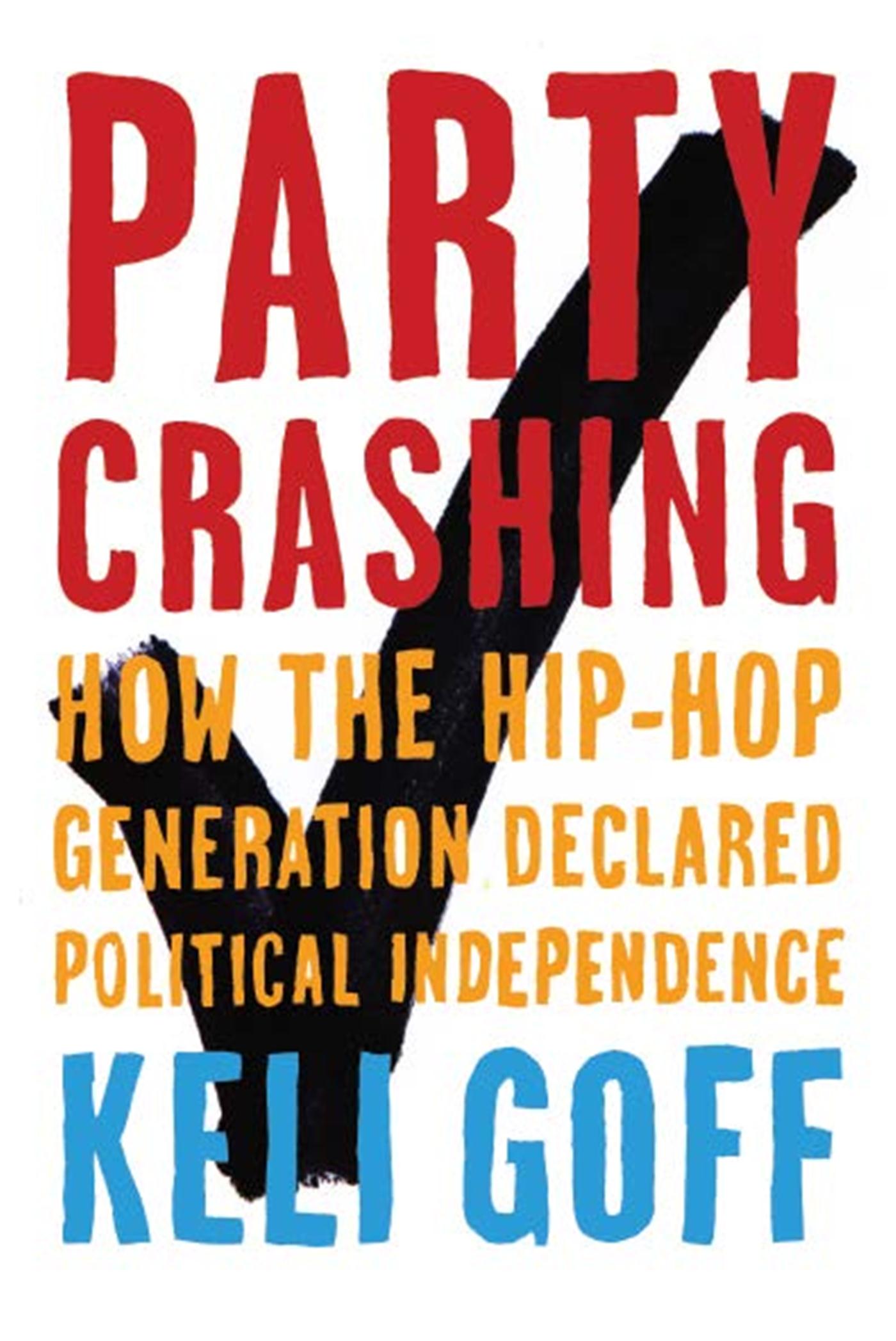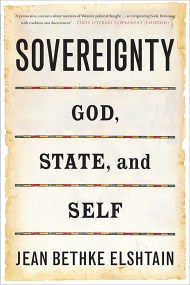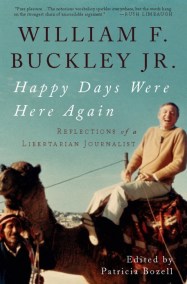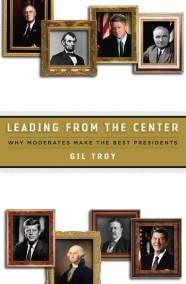By clicking “Accept,” you agree to the use of cookies and similar technologies on your device as set forth in our Cookie Policy and our Privacy Policy. Please note that certain cookies are essential for this website to function properly and do not require user consent to be deployed.
Party Crashing
How the Hip-Hop Generation Declared Political Independence
Contributors
By Keli Goff
Formats and Prices
- On Sale
- Apr 28, 2009
- Page Count
- 304 pages
- Publisher
- Basic Books
- ISBN-13
- 9780786732326
Price
$11.99Price
$15.99 CADFormat
Format:
ebook $11.99 $15.99 CADThis item is a preorder. Your payment method will be charged immediately, and the product is expected to ship on or around April 28, 2009. This date is subject to change due to shipping delays beyond our control.
Buy from Other Retailers:
Genre:
Newsletter Signup
By clicking ‘Sign Up,’ I acknowledge that I have read and agree to Hachette Book Group’s Privacy Policy and Terms of Use
